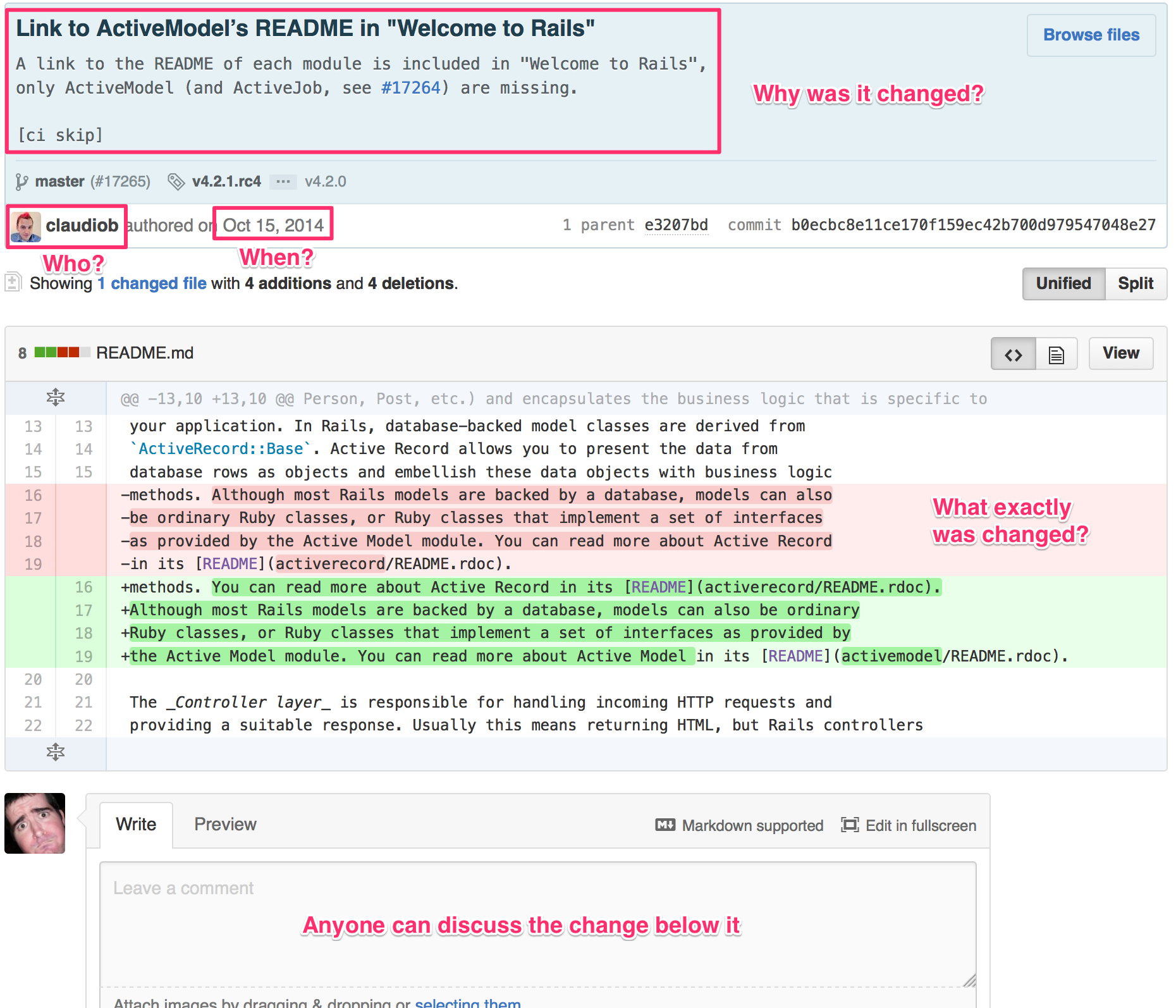Published by Dan Cunning on Jun 16, 2015
A More Representative Democracy
Filed under Politics, Technology
Introduction
Since the 1700's, representative democracy has been the cornerstone of how modern governments, unions, boards of directors, and neighborhoods set the rules and manage funds, but in a world of real-time global communication are elected officials still the best solution?
The Problems
Low Voter Turnout
Only about 60% of the eligible population votes during presidential election years, and about 40% votes during midterm elections: the majority never chooses a nationally elected official.
People that don't vote are told by others they have "no right to complain", but I disagree. The system has failed: more people deciding not to vote than selecting a particular candidate indicates a systemic problem that no "get out the vote" campaign can correct.
Instead of guilting, threatening, or blaming non-voters for not working within the system, we should adjust the system to include the non-voting majority.
Gerrymandering
Electoral districts are drawn and re-drawn to ensure every official represents the same amount of people, but every change is subject to gerrymandering: drawing the lines in your favor. The easiest way to mitigate your opposition is to make them minorities in districts that support you.
Corporate Interests
Elections reduce thousands or millions of people into one winner who reigns for multiple years: the stakes are too high.
High stakes drive campaigns into million dollar budgets, which corporations gladly pay in exchange for political clout during the winner's rule. The current push to reform campaign finances will not work as long as the election cycle encourages a systematic, repeatable approach to victory.
Donations, friendships, future jobs, under-the-table arrangements: people with money will always to find ways to receive favors from the people with power.
Fast-changing Cultures
Policy-makers take decades to adjust to majority changes:
- Blue Laws are remnants of a more religious leadership.
- Marijuana is slowly evolving an equal status to alcohol and tobacco.
- Telsa Motors and breweries are fighting laws preventing them from selling directly to customers.
- Uber is unseating taxi laws and lobbies across the world.
- Gay Marriage is legal in more than half US states.
These changes could be seen as the system working, but why does it take so much time, money, and influence to challenge entrenched minorities?
Once enacted, laws become incredibly difficult and expensive to undo because elected officials avoid controversial topics or issues conflicting with their powerful supporters.
The Solution
Even with these problems, representative democracy is still "the best we've got", but we can use real-time global communication to make it better.
The Internet has revolutionized how people organize and coordinate, yet in politics we merely use it to communicate with our elected officials. Let's use the Internet to operate a representative democracy without elections.
The Website
Representative democracy's goal is to simply set the rules and manage funds, both of which could be performed better on a website than sending a stranger to the capitol. Every community member just needs the ability to:
- Assign a representative
- Propose a Law
- Vote
- Review laws and spending
National, region governments and most communities aren't ready for website-driven policy-making. Questions like how to avoid disfranchising the poor and non-technical and who manages has access to the website must be answered, but some communities and organizations are ready: high-tech towns, home-owner associations, corporate governing boards, and white-collar unions.
Assigning Your Representative
Assigning a representative is not required. The Internet makes everyone voting on every decision possible, but it remains impractical: people are busy and under-informed. This representative democracy is based on five simple rules:
- Each member receives one vote per decision.
- You may cast your vote yourself or lend it to another member.
- You may also lend them your vote for all future decisions.
- This other member can lend their vote and yours to another and so on.
- Lended votes may be revoked at any time.
Real-time lending and revoking votes creates a fluid pyramid of power which is:
- Constantly adjusting to the will of the people, making it harder to buy or control
- Easier for the uninvolved to remain counted, encouraging more grass-root movements
Proposing a Law
- Any member can propose a law
- Any member can discuss or propose changes to it
- Everyone is held accountable for their involvement
Who wrote the 33,000 pages of the Affordable Healthcare Act? How was the Patriot Acts' 342 pages written, proposed, and passed between September 11 and October 26, 2001? Who added/removed that phrasing? When did they do it? What was it before?
The same questions software-makers have been answering for decades with version control systems. Github.com is leading the latest movement in version control: social collaboration, review, and management. For example, here is a popular software package's introductory file and here is:
- its current version
- its complete edit history
- who last changed each line
- its most active editors
- a specific change by a specific person (detailed below)

Making the law-writing process more transparent encourages more people to be involved (and heard) while forcing contributors to build and maintain trust within the community. This trust is harder for outside interests to buy.
Voting
Bills become laws when they pass a community vote. Members cast their votes and those lended to them on the community website. Vote lenders can see how their vote was cast and optionally revoke it. The community's constitution or operating agreement lays out the details:
- When does a bill become available to vote?
- How long is a vote open?
- What percent is required for a vote to pass?
- What is the maximum number of votes a single person can hold?
- How long after the voting deadline can lended votes be revoked?
- How is privacy balanced with transparency and accountability?
Reviewing laws and spending
Once a bill is passed it becomes law, yet it retains a complete audit history of every word. Anyone can propose a change to the wording, but like bills the change must pass via vote.
In addition to laws, the website openly tracks the community's money: everyone sees past, present, future income and expenses. In the age of electronic payments and financial forecasts, there is no excuse for unaccounted-for money or surprise deficits.
Other branches of government determine how laws are interpreted and enforced, but with this website making decisions and budgeting money are closer to the people than the founding fathers ever imagined.
Wrap-up
I don't expect any such website to exist at a national level in my lifetime. There was a reason the United States was at the forefront of democracy in the 1700's: adopting new ideas is easier when starting from scratch. Changing existing systems is more gradual: start small and slowly gain acceptance into larger and larger communities.
The growing number of referendums is an encouraging sign that democracy is moving towards the individual, but they're normally limited to social issues like marriage or marijuana and often rely on clever wording to manipulate the uninformed. The meat of power and policy remains in the hands of the connected and privileged. A transparent and fluid legislature would provide everyone with a more representative democracy.
Elections are no longer necessary for representative democracy.

I'm a Ruby on Rails contractor from Atlanta GA, focusing on simplicity and usability through solid design. Read more »